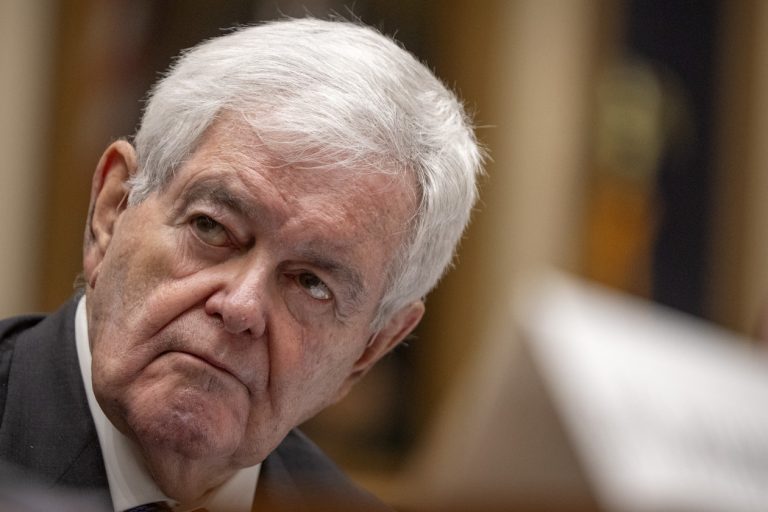🎧 Listen to This Article
A Categorical Rejection — and a Strategic Reset for U.S. Tax Policy
President Trump’s unofficial veto of a tax hike on America’s top earners isn’t just a policy signal — it’s a political firewall. Former Speaker Newt Gingrich’s assertion that such proposals are “dead” following a message from the president underlines a broader reality: the GOP’s fiscal agenda remains ideologically anchored to tax-cut orthodoxy, even amid growing budgetary pressures and intra-party tension.
Behind the scenes, Republican lawmakers had been weighing a modest rate hike on top earners as part of a broader package to fund expanded tax credits, energy initiatives, and border security priorities. That fragile discussion appears to have collapsed in real time, re-illustrating the durability of supply-side thinking within GOP leadership — and the constraints that orthodoxy imposes on long-term fiscal reform.
Implications: Fiscal Gridlock Meets Political Branding
For Policymakers:
Trump’s posture signals a 2025 rerun of the post-2017 tax reform environment, where rate reductions reign supreme and revenue neutrality becomes elusive. Any attempt to rebalance the fiscal ledger — especially with expiring provisions from the 2017 Tax Cuts and Jobs Act (TCJA) on the horizon — now faces an uphill climb. Efforts to expand the Child Tax Credit or stabilize federal revenues could be indefinitely stalled unless alternative offsets emerge.
For Multinationals and Advisors:
This is an inflection point. Companies hedging their 2025 tax planning on a potential return to pre-2017 marginal rates may need to recalibrate. With corporate tax hikes already politically fraught, and now high-earner rate increases likely off the table, lawmakers could pivot to less politically visible revenue raisers — like base-broadening, cross-border enforcement, or limiting deductions.
For the U.S. Economy:
The long-term implications are sobering. The CBO projects sustained deficits exceeding $1.5 trillion annually over the next decade. With entitlements politically untouchable and tax increases ideologically verboten, debt sustainability risks becoming a theoretical rather than practical concern — until markets force a reckoning.
Historical Parallels — and a Lingering Shadow
Trump’s invocation of George H.W. Bush’s infamous “Read my lips” reversal is more than rhetorical. It reanimates a foundational conservative trauma: the fear that any concession on taxes equals electoral betrayal. In doing so, it effectively boxes in any Republican lawmaker considering pragmatic compromise. History, it seems, is not only remembered — it is weaponized.
Notably, while Bush’s 1990 compromise arguably laid the groundwork for late-90s fiscal surpluses, it remains a cautionary tale within GOP circles — a reminder that policy gains mean little if they cost political capital.
Strategic Outlook — What’s Next?
With a tax hike on the wealthy now politically radioactive, House Republicans will be forced to revisit alternative levers:
- Spending Cuts: Expect a renewed push toward discretionary spending caps and regulatory rollbacks — though these face Democratic resistance and practical limitations.
- Offset Maneuvers: Look for increased interest in international provisions (e.g., GILTI tweaks), carried interest limitations, or enforcement initiatives targeting high-net-worth individuals through the IRS.
- Delay and Deferral: Kicking major fiscal questions into the post-election period may become the de facto strategy — pushing major decisions to a potential 2025 lame duck or early second Trump term.
Final Thought: Ideology vs. Arithmetic
Trump’s hardline stance reminds observers that American tax policy is as much about narrative as numbers. But even the most ideologically consistent tax platform must eventually confront fiscal arithmetic. The real question isn’t whether a tax hike is off the table — it’s what that leaves on it.
As Trump rejects tax hikes on high earners, Republicans face a narrowing fiscal path. Our latest analysis explores the political calculus, policy fallout, and strategic choices ahead.
https://tax.news/trump-rejects-wealth-tax



